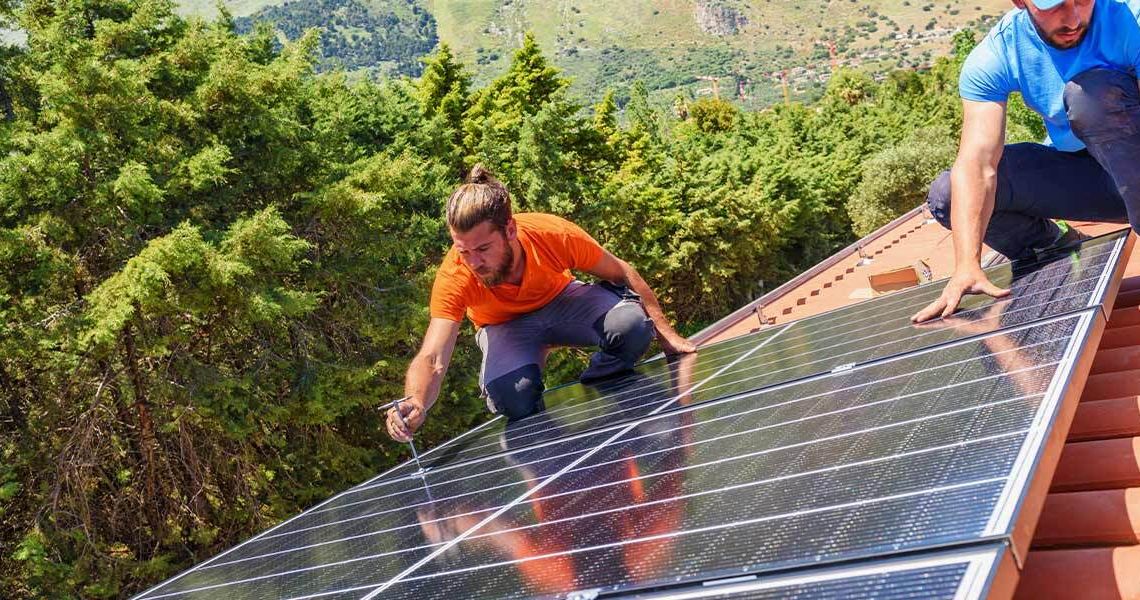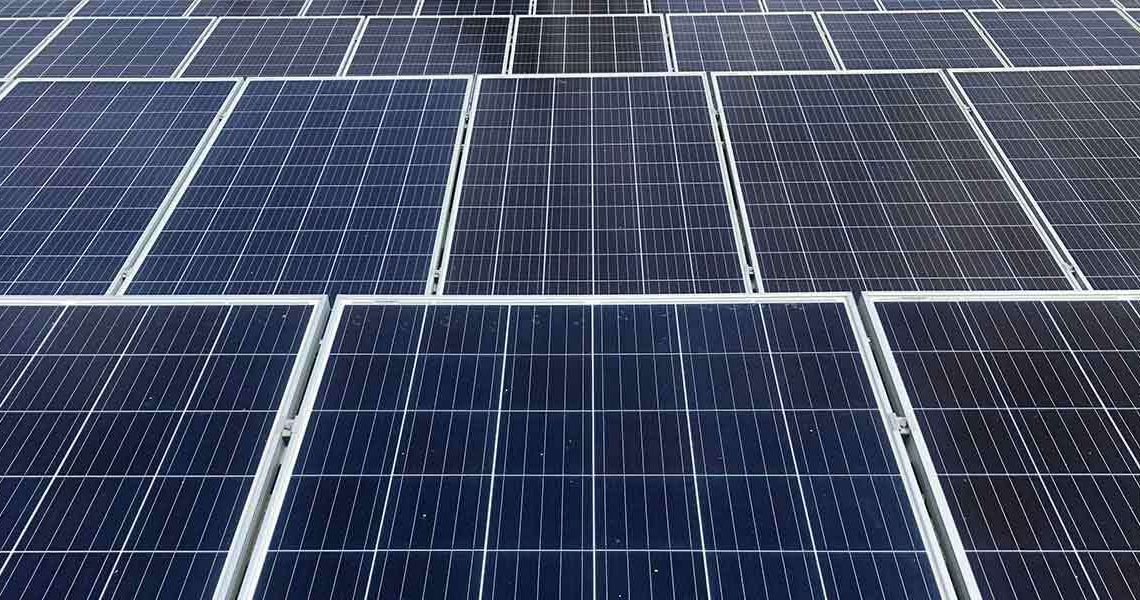The sun is one of the most significant natural energy sources, with enough potential energy reaching Earth every hour to supply the world's energy demands. Furthermore, solar energy is a renewable and sustainable energy source that does not release harmful greenhouse gases into the environment. So, how exactly do solar panels work? Solar cells are really arrays of photovoltaic (PV) cells that gather solar energy and convert it into electricity. These photovoltaic (PV) cells turn sunlight into energy by forming an electric field between a positive and a negative charge on one side. PV cells are grouped together to make PV panels, which can generate enough electricity to power everything. Solar cells can also be connected to make a solar array. The more panels you install, the more electricity you can produce. When a photon of sunlight strikes a cell, electrons are ejected from its atoms. These liberated electrons can move between the conductors and create electricity in the circuit. This direct current electricity passes through the circuit in just one direction, from negative to positive. However, the current must be transformed into alternating current (AC) power before it can be sent into the grid, utilized in household solar systems, or used in enterprises.
How do solar panels work in a home?
Solar cells generate electricity by collecting sunlight and converting it to direct current (DC). This direct current is then changed using a converter into alternating current (AC) electricity, which is the kind utilized by electronic equipment; the power is then ready to be consumed or stored in the grid. Solar panels perform best in places with abundant sunshine and function most efficiently when the Sun is at its maximum during the summer months. When the Sun is still rising or setting, or when it is winter, they create less energy. Productivity is also affected by the orientation of the panels, which varies depending on whether you are north or south of the equator. But first, let's look at how solar panels function in a house. Most people do not realize how efficient solar technology is. Solar panels do not require the sun to function and may produce power even on overcast days. Of course, they work best in direct sunshine, but there are several actions you can do to improve the efficiency of your solar panel power output.
Solar panels work best when the sun is at its highest point in the sky and the weather is clear and bright. This implies that they are most effective around midday in many regions. The actual hours of operation of solar panels, however, are determined by where you live and the time of year, since the longer the sunshine, the more hours may be spent generating power.
How do solar panels work at night?
Solar panels do not function at night. This is due to the fact that they rely on sunlight as their energy source, and there isn't enough of it available to create power at night. The energy created by photovoltaic cells, on the other hand, may be stored and utilized later. However, research on a new form of panel known as a night-time solar panel is now ongoing. It can produce power at night by employing thermoradiative cells rather than photovoltaic cells. Most solar panels are designed to be most efficient between 59 and 95°F. They are tested at 77°F but can withstand temperatures of up to 150°F. Heat is not necessarily helpful for solar cells since it reduces efficiency when panels reach these high temperatures. So, if you wanted to know how solar panels function at night, we typically responded whether they work at night or not.
Conclusion
The majority of solar cells are made up of photovoltaic cells that are linked together to convert sunlight into energy by producing an electric field between positive and negative charges. To improve the quantity of electricity supplied, the panels may be linked together to form more extensive solar arrays. Cleanliness, light levels, and heat are all elements that influence the effectiveness of solar cells. Solar panels, on the other hand, once installed, generate emission-free, renewable energy by harnessing solely the sun's natural power. Solar energy, whether delivered by home or industrial solar panels, will be critical as countries shift away from fossil fuels.


